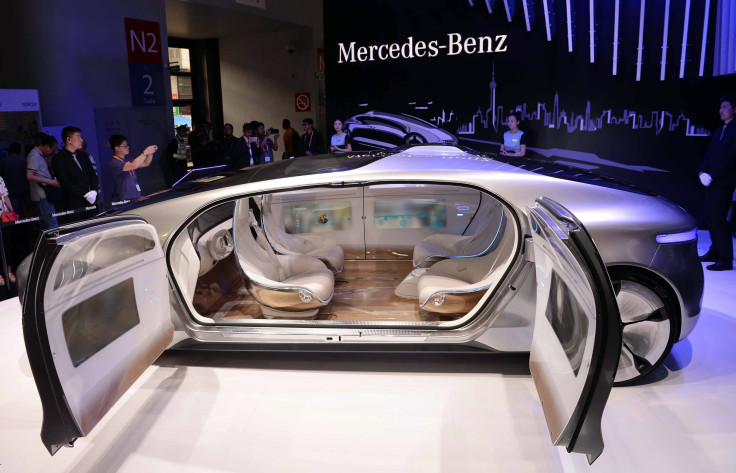Driverless Cars, Buses, Trucks: Singapore Is Planning For Them

Singapore will begin tests on self-driving vehicles, part of a plan aimed at addressing its limited supply of land and drivers.
The tests will be done on a six-kilometer stretch in one-north, a science-oriented business park, by the Singapore-MIT Alliance for Research and Technology (SMART) and a unit of the Agency for Science, Technology and Research (A*STAR), the Ministry of Transport said on its Facebook page. The tests are likely to take off in the second half of 2016.
The government believes self-driven cars will encourage car-sharing, reducing the number of vehicles and the roads and land that the small city-state has to budget for, Reuters reported. Meanwhile, the government said it received eight proposals for using driverless technology for mass transport. Reuters said this would mean "platoons" of buses, or several buses built and programmed to follow a lead bus with a driver.
"With land and manpower as Singapore’s two key constraints, we hope to gain valuable insights into how we can design our towns of the future to take advantage of this technology and incorporate self-driving mobility concepts into our public transport model to meet Singapore’s needs," the ministry said.
Google has said it will have driverless cars by 2020. Apple, Elon Musk’s electric-car maker Tesla Motors Inc., Ford Motor Co. and Germany's BMW are also in the race. Last week, two Japanese companies said they would test a driverless car by early next year.
© Copyright IBTimes 2025. All rights reserved.





















